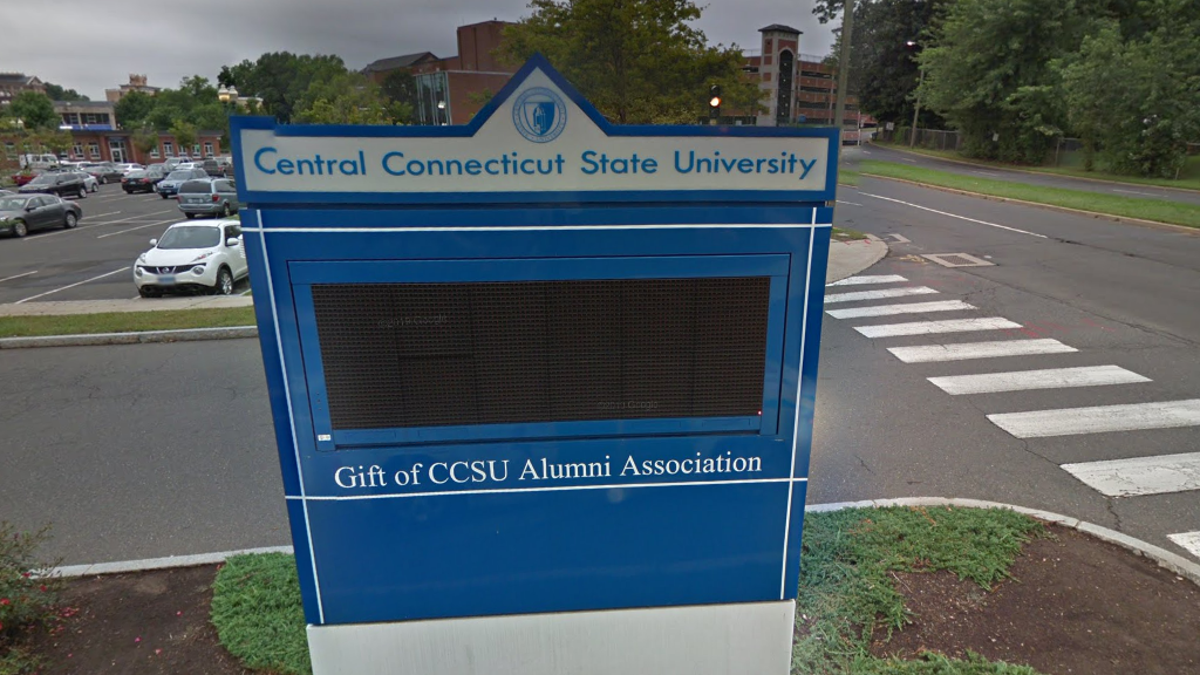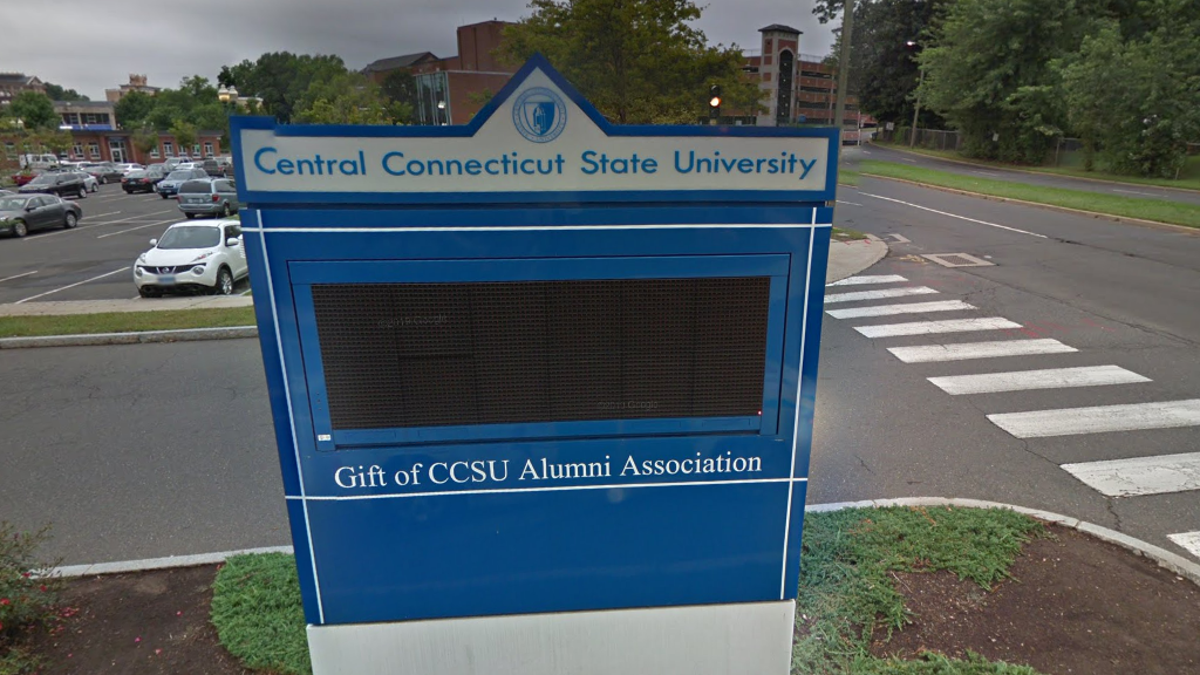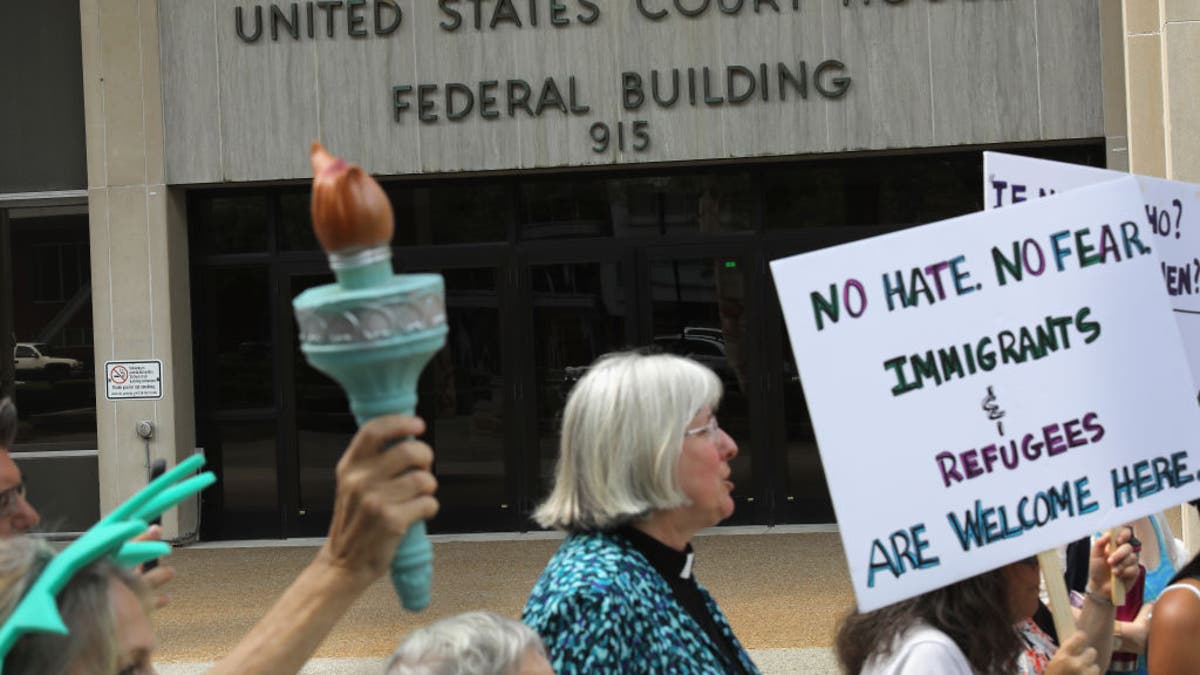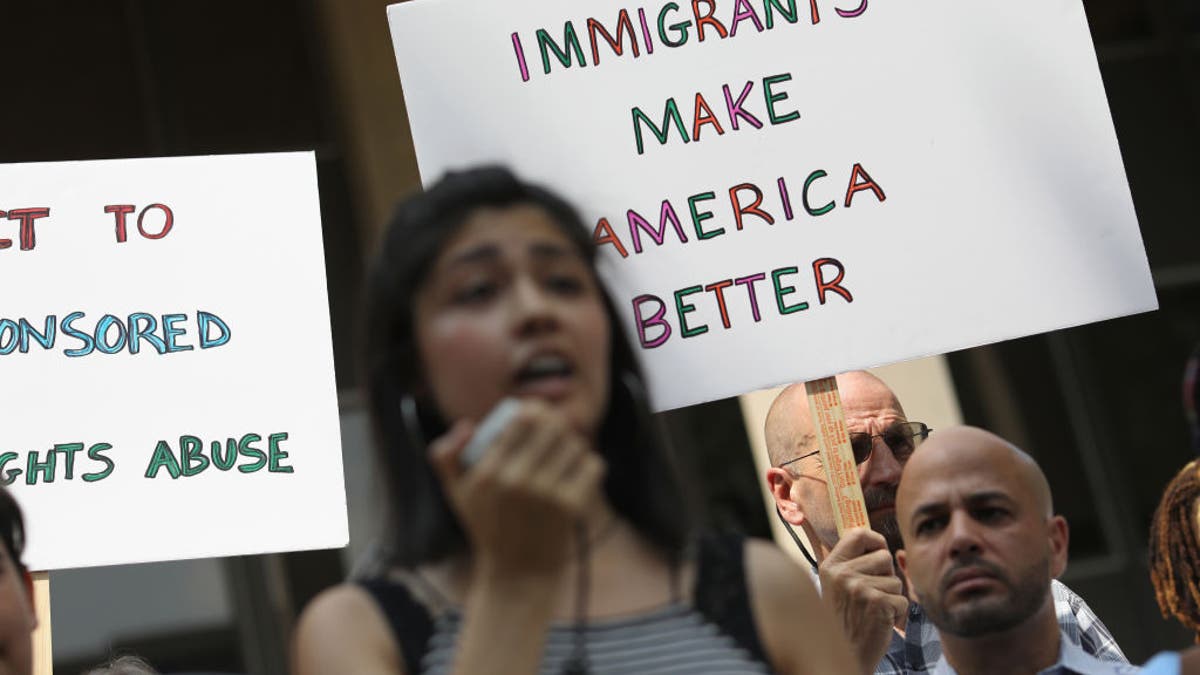
A Connecticut university is roiled in controversy after a report revealed that the school was attempting to find “creative ideas” to offer undocumented students payment for their internships.
“They’re prioritizing citizens over noncitizens, and that’s the problem,” Connecticut GOP Chairman Ben Proto told Fox News Digital.
The comments come after a Connecticut Inside Investigator report revealed that Central Connecticut State University (CCSU) officials searched for ways to pay undocumented students “in a way that doesn’t mention ‘employment’ or require a social security number,” according to emails obtained by the outlet through a Freedom of Information Act request.
“The President’s Undocumented Student Committee is looking for creative ideas for helping undocumented (or underdocumented) students find paid internships/experiential learning opportunities,” CCSU career coach Audra Mika wrote in one email, dated Sept. 13, 2024. “Other universities have set up grants, scholarships, fellowships, and stipends to pay these students in a way that doesn’t mention ‘employment’ or require a social security number.”
HAITIAN MIGRANTS REPORTEDLY FLEE SPRINGFIELD, OHIO

Campus of Central Connecticut State University. (Google StreetView)
“PJ and I want to see what is possible,” the email, which was sent to the university’s grants department, continued. “Thank you for any suggestions you might have for helping our undocumented students find paid jobs.”
That email was replied to by Kathleen Moore of the CCSU’s Office of Post-Award Grants with a warning that the idea would be “morally wrong” and “illegal” and also noted that grants were awarded via competitive application process and require anyone paid with grant money to be a U.S. citizen.
“If you were told that other universities are using grants ‘to pay these students’ you were misled, or those individuals are doing something illegally and, in my opinion, have no morals,” Moore’s reply read.
Moore’s email was later forwarded to CCSU Associate Vice President Carmen Veloria by Director of the Career Development Office Paul Rossitto, who wrote, “FYI, we have some people that work at the university that don’t believe we should help all students.”
Meanwhile, the initial request garnered responses from officials at Southern Connecticut State University (SCSU), who noted that there is a scholarship fund for “Dream Scholars,” though that scholarship only covers “Dreamers” under the controversial Deferred Action for Childhood Arrivals program and not for all undocumented migrants.
TRUMP SELECTS SOUTH DAKOTA GOV KRISTI NOEM TO RUN DEPARTMENT OF HOMELAND SECURITY

Protesters rally against the separation of immigrant families in front of a U.S. federal court on July 11, 2018 in Bridgeport, Connecticut. (Photo by John Moore/Getty Images)
SCSU officials also noted that they offer the Monarch Scholarship and funds “for undoc [sic] students who work on campus doing an academic internship,” while officials from another state school, Eastern Connecticut State University, suggested the institution encourage students to get Individual Taxpayer Identification Numbers (ITIN), but warned doing so “does not provide work authorization or legal status” to the migrant.
CCSU officials ran with that idea, encouraging undocumented students to obtain ITINs and then approach local businesses in order to gauge if they would be interested in “hiring/supporting undocumented students as interns” or work with the school’s Student Affairs Department, “to create fellowships, funding opps, stipends for undoc student workers (on and off campus); and to find and teach ‘allies’ what these measures could mean for CCSU.”
To Proto, the story is just the latest example of government officials, employees and lawmakers in the state prioritizing the needs of migrants over the legal citizens of Connecticut.
“Where is the state focusing its energy? Should it be focusing its energy on the citizens of the state of Connecticut, or should it be focusing its energy on those people who are here illegally in violation of our laws,” Proto said. “When you have the attorney general running around since election day telling everyone that he’s going to protect illegal immigrants… it seems like his priorities are in the wrong place.”

Undocumented immigrant Larissa Martinez, 21, from Mexico City speaks at a protest rally against the separation of immigrant families in front of a U.S. federal court on July 11, 2018 in Bridgeport, Connecticut. (Photo by John Moore/Getty Images)
In a statement to Connecticut Inside Investigator, CCSU spokeswoman Jodi Latina said that there had been “no intent to mislead or circumvent any laws.”
“This email message was misinterpreted by the receiver. The committee member was exploring avenues to support students within the confines of what is permissible under the law,” Latina told the outlet. “The requester was inquiring as to whether there are any avenues we aren’t already exploring that exist legally for undocumented students.”
In a statement to Fox News Digital, Latina said that the university “has not and will not ever condone any activities that circumvent the law, and this committee was implemented only to coalesce legal means to support these students, as we endeavor to do for our entire Central Family.”
CLICK HERE TO GET THE FOX NEWS APP
Latina also shared a letter sent by university President Zulma Toro, who stressed that the school’s efforts were limited to lawful programs.
“Our undocumented students are eligible for various sources of aid from private donors and/or the state of Connecticut. They are not, however, entitled to federal financial assistance, to participate in federal work study grants, become employed, and are prohibited from participating in many programs and experiential learning opportunities that require background checks and social security numbers,” read the letter that was sent out to members of the CCSU community.
“This University has not and will not ever condone any activities that circumvent the law, and this committee was implemented only to coalesce legal means to support these students, as we endeavor to do for our entire Central Family.”







